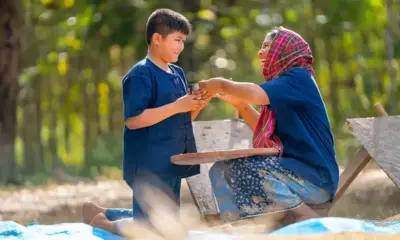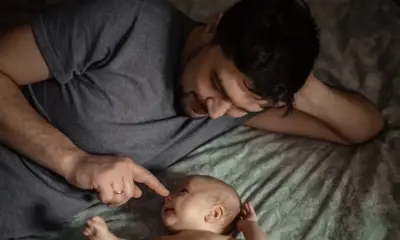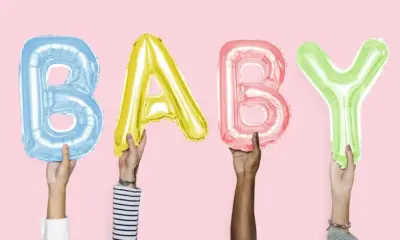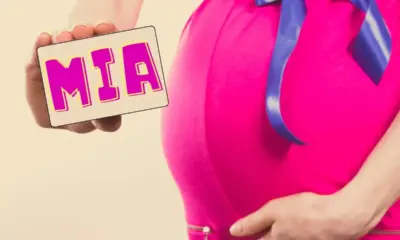Baby Development
When Do Babies Start to Remember Faces and Objects?
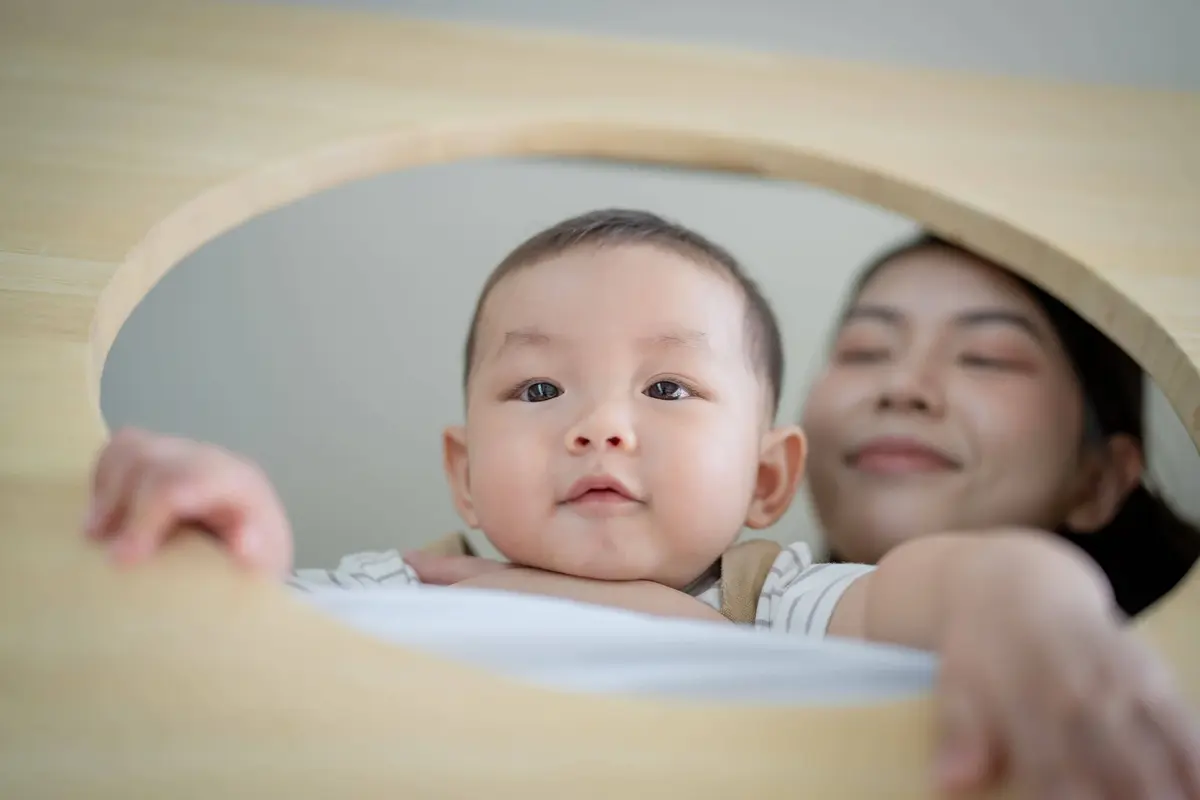
When Do Babies Start Remembering Faces and Objects?
Babies begin showing signs of baby memory development earlier than most parents expect. While newborns don’t form long-term memories yet, their short-term memory helps them recognize faces, voices, and patterns. As babies grow, their memory skills improve quickly, making early bonding even more important.
Understanding How Baby Memory Works
Memory development starts in the first months of life. Even at just a few weeks old, babies recognize their mother’s voice and scent. They quickly learn to expect what comes next in daily routines.
At 4 months, babies remember objects briefly, like during peek-a-boo. Around 6 months, they can retain simple actions, like pressing a toy button, for a few weeks. These early signs show their brain’s growing ability to store and recall information.
By 10 months, babies start remembering multiple things at once, such as a toy’s location and a caregiver’s voice. This stage helps them explore their environment with more confidence.
Baby Memory Development Over Time
The brain’s memory center, the hippocampus, matures slowly. This explains why children rarely recall events from before age 3. However, implicit memories—those based on feelings and routines—begin early and shape how a child connects with others.
When Do Babies Recognize Familiar Faces?
Newborns have blurry vision but recognize faces quickly. By 3 months, babies identify caregivers’ faces using sight and sound together. If they see someone often, like a sibling or grandparent, they begin smiling or cooing in response.
The more often a baby sees someone, the sooner they’ll recognize them. Daily contact strengthens face recognition. In contrast, seeing someone only once a month may not be enough for the baby to remember them for long.
How Long Do Babies Remember Faces?
Research shows even toddlers recognize people they met years earlier. One study revealed that 3-year-olds noticed familiar faces after two years, proving how strong facial memory can be.
Still, frequency matters. Babies remember faces longer if they see them often. That’s why your child remembers their daycare teacher but might forget a cousin they met once.
Helping Baby Memory Grow
You can help strengthen your baby’s memory by talking, singing, and reading together. Routine activities and repeated experiences help your child store information longer.
For family members who live far away, video calls and photo albums can help babies remember them. Show your baby pictures and talk about relatives often to build those connections.
When Do Babies Form Long-Term Memories?
While short-term and recognition memory grow in the first year, long-term, episodic memory takes longer. Most kids form their first lasting memories around age 3 to 4. These include personal events like birthdays or vacations.
Interestingly, the brain rewrites memories over time. So even if your child forgets details of an event, reliving it through stories and photos helps them feel connected.
Explore more parenting insights and baby development tips right here on our website!



